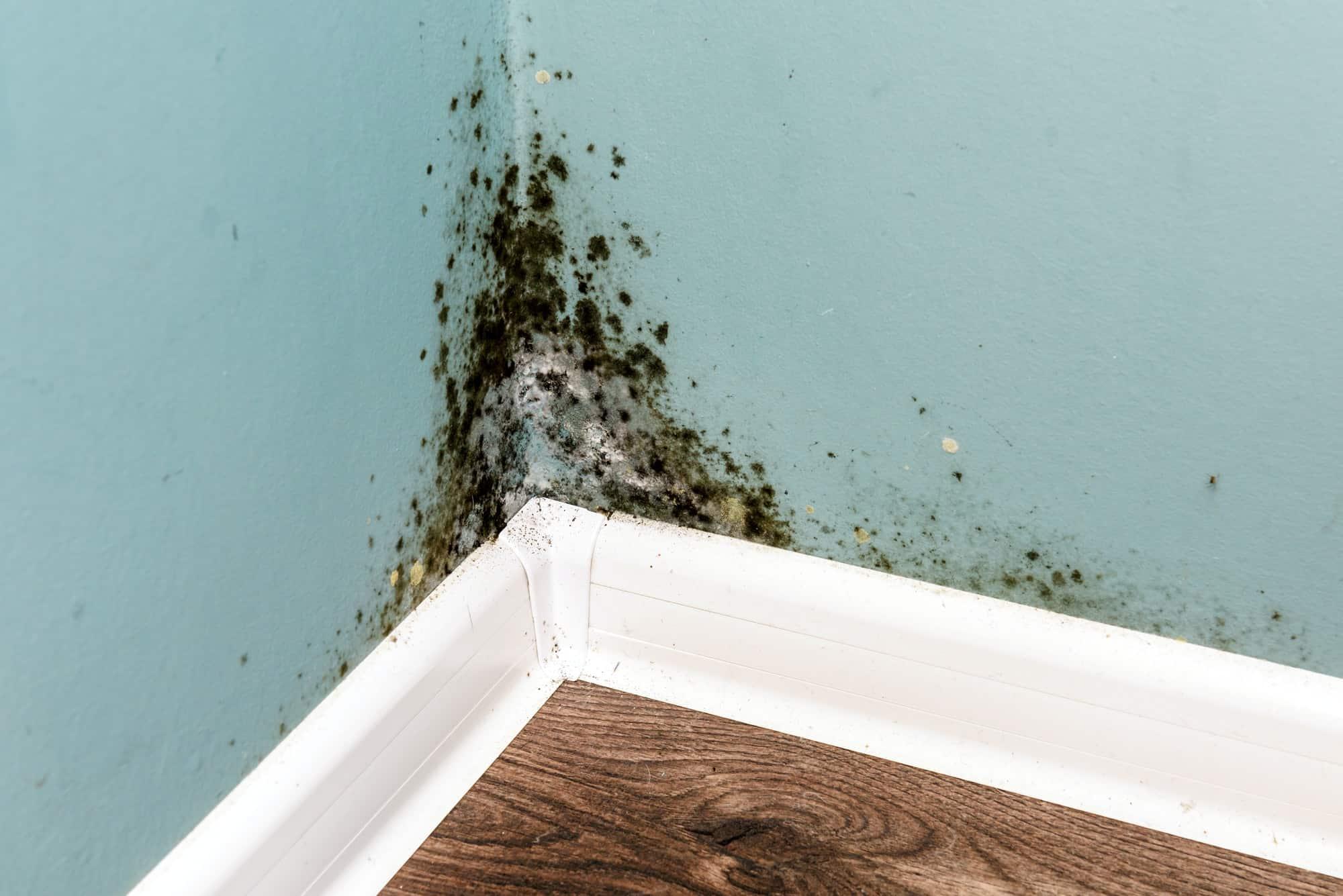
Is It Legal to Sell a House with Mold?
By: ROS Team
Finding out that your house has mold after listing it for sale is certainly disappointing. Unfortunately, despite the increasing prevalence of mold across U.S. homes, most homeowners don’t understand how to handle this situation, especially considering mold growth can affect property value. Additionally, the laws governing the sale of mold-infested properties are a very gray area. If you aren’t sure if selling a mold-infested house is legal or not, read on!
1- Why is Mold an Issue
2- What Does State Law
3- Seller Responsibilities
4- Buyer Responsibilities
5- FAQs
Why is Mold an Issue?
Interestingly, not all mold species are a concern. However, mold types that threaten general health are a major concern for potential buyers. Also, a small colony of recently grown mold is less likely to be harmful and can easily be remediated. However, it becomes a significant issue if mold has grown and spread into various rooms and spaces.
Living in a house with mold growth can cause;
- Runny nose
- Watery eyes
- Sneezing
- Difficulty in breathing
- Headache
- Coughing and wheezing
- Fatigue
The effects of mold growth in your home depend on individual severity. Sensitive individuals can react adversely to mold growth, making it crucial for sellers to declare the presence of mold to potential buyers.
What Does the Law State?
While it may be surprising, selling a house with mold is legal. In reality, there are no specific federal laws that prohibit homeowners from selling their mold-infested homes. However, some state laws require sellers to disclose all the known defects to buyers, including a history of mold infestation.
Specific Seller Responsibilities
Ideally, you should disclose if your property has any known history of mold issues to potential buyers. Sellers who fail to disclose that their properties have previous or existing mold issues in states that mandate full disclosure can be sued. However, this doesn’t restrict the seller to mold issues alone. They should also disclose any other defects affecting the buyer’s position or the property’s value.
Even if there are no state laws requiring sellers to declare these issues, failing to do this can jeopardize the sale, especially if potential buyers uncover the issue before completing the buying process. Besides, sellers can also be sued if mold has been declared a safety or health issue under local laws.
Potential Buyer Responsibilities
Interested buyers should ensure that the seller has taken the right steps to provide sufficient disclosures, which include a disclosure about mold presence currently or before. Buyers should carefully review seller disclosures and be on the lookout for anything about mold issues.
If the property has mold issues, the buyer and seller can agree if mold removal should be done before or after the purchase and who should foot the costs. Ideally, the seller should fix the cause of mold issues, which may include making HVAC updates or installing a dehumidifier. Conducting a thorough inspection can help potential buyers identify the extent of mold growth and the primary source of mold.
Unfortunately, if the house is being sold as FSBO, the homeowner may not know what they need to disclose. While FSBO sellers are legally obligated to make full disclosure of the existing issues, most sellers overlook these issues. Doing due diligence and conducting a home inspection to identify the signs of mold growth is important in such cases.
FAQs
Can you Sell a House with Mold in New York?
The New York State Department of Health recommends that mold be remediated before selling a property, but there is no legal requirement to do so.
When should you Walk away from a House with Mold?
It is advisable to walk away from a house with mold if the mold is extensive, severe, or caused by structural problems, such as leaks or flooding, that are difficult or expensive to repair.
How long does a Landlord have to fix a Mold Problem in New York State?
Landlords have to fix a mold problem in 7 days in New York State.
Does New York have Mold Laws?
No, There are no mold laws in New York.
Bottom Line
Fortunately, you can sell a home with clear signs of mold growth, such as dark spots on the ceiling and walls, musty odors, damp wallpaper, and flooding damage. However, if you can’t deal with mold growth before selling, you should disclose the issue to potential buyers. Remember that presence of mold in your house can affect property value. Selling to cash buyers or real estate investors ensures that you sell your mold infested house faster.
Related Article:
Black Mold In Your Apartment: Know Your Legal Rights
Mold in My Apartment: What Should I Do?








